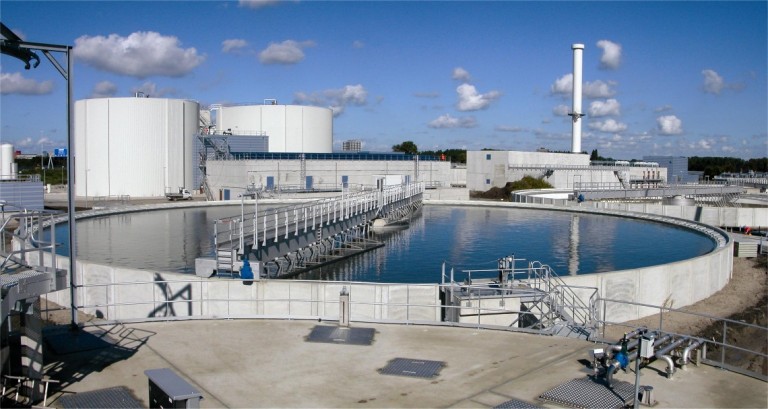New Delhi, August 24, 2023. Urban planning's pivotal role in creating resilient and sustainable cities, as outlined by the United Nations' Sustainable Development Goals (SDG 11), has garnered increasing attention. An inclusive approach encompassing the challenges of urbanization, population growth, and environmental decline is key.
Sanitation, waste-water management, and effective faecal sludge treatment emerge as vital components in safeguarding public health and the environment, contributing to overall community well-being and SDG 6 alignment. Presently, merely 40% of urban India is linked to sewer networks, while the majority (60%) relies on on-site sanitation systems such as septic tanks. With just over 1000 dedicated faecal sludge treatment plants nationwide, only 400 are operational. The untreated sludge, capable of environmental contamination and disease transmission, hampers sustainable urban evolution and development.Proposing a solution, co-treatment of faecal sludge and sewage within Sewage Treatment Plants (STPs) stands out. Utilization of only 75% STP capacity in India opens avenues for co-treatment. Unlocking potential within more than 1600 STPs enables the treatment of faecal sludge from a population of around 43.5 crores. Co-treatment emerges as the most efficient method for extending Faecal Sludge and Septage Management (FSSM) to partial sewerage coverage areas, facilitating 100% wastewater management. Integrating faecal sludge with sewage treatment optimizes STP efficiency and streamlines urban waste management. The Swachh Bharat Mission-Urban (SBM-U) 2.0 mandates co-treatment readiness for new STPs, furthering urban waste management efforts.
Co-treatment doesn't solely enhance wastewater treatment but ensures equitable access for urban communities, even in non-sewered areas. Implementation curbs the hazardous release of faecal sludge, contributing to cleaner water bodies and open spaces.Effective execution necessitates scientific planning to prevent operational issues. The National Faecal Sludge and Septage Management (NFSSM) Alliance's Co-treatment Manual, launched at the U20 Mayoral Summit, provides a systematic approach. The manual aids in feasibility assessment, planning, and operational aspects, serving administrators, technical personnel, consultants, and practitioners. The manual underscores the significance and benefits of co-treatment within STPs, bridging infrastructure gaps in urban faecal sludge treatment.
SasankaVelidandla, Director, WASH Institute, said, "Co-treatment is the quickest and most inexpensive pathway to achieving ‘Safely Managed Sanitation’ as per SDG 6.2. Many existing STPs across India are co-treating faecal sludge with sewage already. Since sewerage networks lag STP deployment by a few years, the co-treatment ready new STPs in small towns are the need of the hour."
Professor Srinivas Chary, Director, Administrative Staff College of India (ASCI), said, "Co-treatment or combined septage or faecal sludge treatment at a functional Sewage Treatment Plant (STP) is scientifically and commercially appropriate. Most STPs in India and South Asia are designed for long horizons and often have excess capacity. Following scientific protocols, cities can leverage this extra capacity to achieve their safely managed sanitation goals."
The Co-treatment Manual outlines a step-by-step process for data collection, capacity assessment, technology selection, infrastructure needs, commissioning, monitoring, and maintenance. It addresses co-treatment methods and operational challenges, supporting India's pursuit of sustainable urban growth.




















.jpg)



